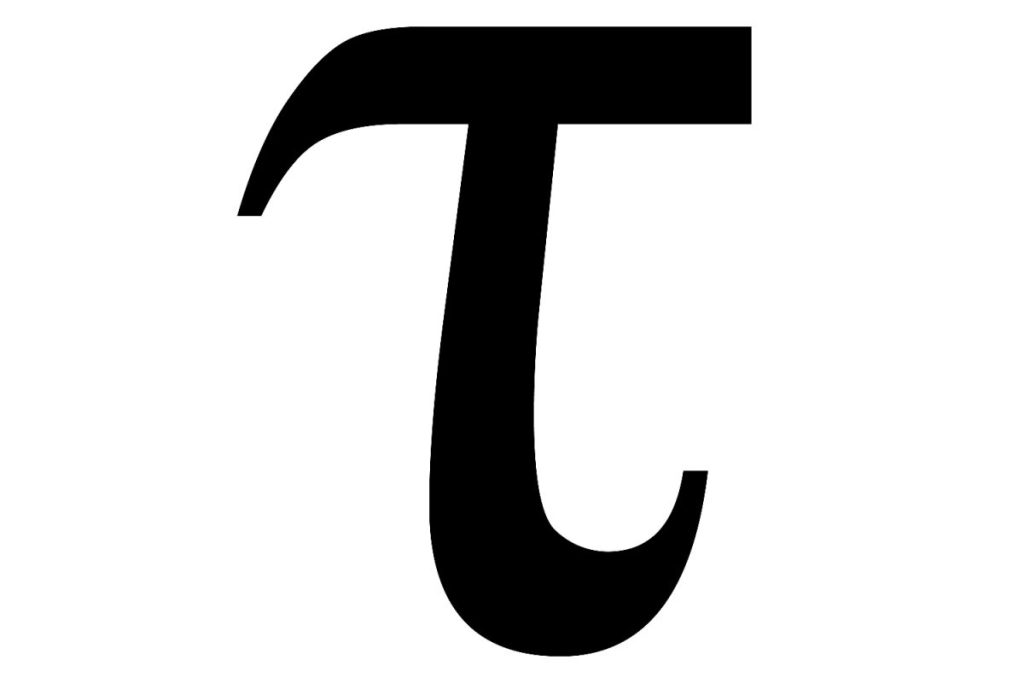Australian culture is one founded on racism. What disgusts me is while the yes campaign is trying to do something about it, the no campaign is fighting for the status quo and then arguing that they aren’t racist.
The cognitive dissonance of the no side astounds me; there were actual Nazis marching towards Vic Parliament yesterday, and they were waving no flags. Is that really the kind of person no voters wish to stand with?
I feel though for us yes voters it is our duty to push back against this shit. To actually push back against Murdoch and his bullshit. To talk to family members, and cut them off if they keep doing this shit.
Ultimately, everyone is capable of racism. The problem is the refusal of no voters to truly consider how they are racist, and then to improve.
The Tent Embassy has had a big banner out the front for months telling people to vote no, I guess someone should pop over and inform them they need to truly consider how they are racist…
Calm down buddy, a no vote isn’t always going to be a vote for racism and this is shown by the fact that many of the indigenous people can’t agree that this is a good thing, or even agree with each other. A no vote can also be a vote of uncertainty and due to history of political failures
He’s lumping progressive no voters in with Nazis right out of the gate, you will get no where talking to him.
More realistically, I think he’s just betting that you can just reason down a no vote to a racist fact. IIUC the line of thinking from this video. I’m yet to hear a non-racist view of a (conservative) no vote.
The “progressive” no vote, I have some respect for, but I also don’t think it’s a mainstream view, nor is it actually reasonable. It expects some sort of magical thinking that not having a voice will somehow get us closer to a treaty.
Not every indigenous person needs to come to a consensus. The vast majority of community leaders have come up with a plan. Focusing on the minority of voices is really just rhetoric in place of an argument.
The “progressive” no vote, I have some respect for, but I also don’t think it’s a mainstream view, nor is it actually reasonable.
Allowing people to conflate all no voters with Nazis, because yes there are Nazis around, is chucking the baby out with the bath water.
The progressive no campaign absolutely has a point. Arguably a treaty has been achieved in Western Australia with the Noongar people and the world didn’t implode.
https://www.atns.net.au/hobbs-and-williams-on-the-noongar-settlement
There is the possibility that voting for a voice now means a treaty would lack political capital or public approval for decades to come because we already voted for a voice.
Despite what some here may claim I count myself in the progressive no camp; this won’t be solved until we have treaty and merely saying that we will “get to it” in the future isn’t enough.
Martin Luther King said this on white moderates and their timelines and I believe it is true here, where this referendum only reflects actions on a white moderates timetable.
I must confess that over the past few years I have been gravely disappointed with the white moderate. I have almost reached the regrettable conclusion that the Negro’s great stumbling block in his stride toward freedom is not the White Citizen’s Counciler or the Ku Klux Klanner, but the white moderate, who is more devoted to ‘order’ than to justice; who prefers a negative peace which is the absence of tension to a positive peace which is the presence of justice…
who constantly says: ‘I agree with you in the goal you seek, but I cannot agree with your methods of direct action’; who paternalistically believes he can set the timetable for another man’s freedom.
To reiterate, I do have respect for the view, but you actually stated the bit I find unrealistic:
There is the possibility that voting for a voice now means a treaty would lack political capital or public approval for decades to come because we already voted for a voice
I don’t think the voice is an insufficient response to delay a sufficient one, and I do know what the insufficient response looks like. The reason is:
- This is driven from the statement from the heart. Having a voice is a driving force for the treaty, not a delay. It’s also not a white person’s consolation prize. The statement is softly spoken and expects slow and steady progress, which I believe is consistent with indigenous values.
- A no vote on a referendum is far more likely to stall out any progress on a treaty because it looks like a conservative no. This discussion isn’t whether to hold a referendum (which is far greyer). It’s what to vote for. To be even clearer regarding the unrealistic idea here imagine 80% of people were progressive no voters. In that state a no vote looks like a call for a treaty. But there aren’t that many. Very generously progressive no maybe a bit above 10%. That just gets lost in the conservative no and will absolutely be used say Australia does not want a treaty.
- In no world is a voice worse than no voice. I agree with you that this sort of thing is often used to bait out a raw deal but that is not what’s happening. You can kind of see it in the desperation from the conservative no. The total fabrications and language used. They do not want it because it’s not a consolation prize.
If your goal really is to try and change some perspectives, then I would recommend reading this article on how to talk with others about racism.
https://news.harvard.edu/gazette/story/2021/02/social-psychologist-offers-key-to-ending-racism/
GAZETTE:How do you break through?
LIVINGSTON: I’ll start with the discomfort. People are afraid of conflict in these kinds of conversations. But research has shown that conflict can actually be productive, if it’s the right type of conflict. Task-based conflict is when people disagree about the best course of action. And person-based conflict is when you say, “I think you’re an idiot for [arguing that viewpoint].” So try to focus on the problem and not the person. The second thing is to engage in conversations with curiosity and not with certainty. Research shows it’s much more productive to be in what is called inquiry mode versus advocacy mode. What you’re trying to do in these conversations is either to discover what the truth is — by asking questions — or to discover a common ground. And you can’t do that if you’re too deeply entrenched in your own convictions or ideological position.
This is the best summary I could come up with:
It was one of the places visited on Charles Perkins’ Freedom Ride of 1965, just two years before the referendum that would give the Commonwealth power to legislate on Aboriginal and Torres Strait Islander peoples and have our population counted in official statistics.
As we peer ahead to whatever October 14 will end up being, it stirs up deep-seated painful emotions caused by a hidden war that is waged on the inside daily: racism.
Last week, the ABC reported that peak bodies for Indigenous mental health were calling on politicians to engage in more respectful discussions around the referendum and that members of the federal Coalition had declined to meet with representatives.
That early compulsion to prove myself worthy was compounded by messages about tackling stereotypes that Aboriginal people are inherently dirty, lazy, and dumb.
Fighting an invisible force that pushed me to work ever harder but equally diminished every achievement because of that feeling that there was something inherently flawed in my very being.
My colleague Stan Grant, the formidable Professor Marcia Langton, and of course, the great Adam Goodes, just to name a few whose stories we’ve heard.
The original article contains 719 words, the summary contains 187 words. Saved 74%. I’m a bot and I’m open source!





